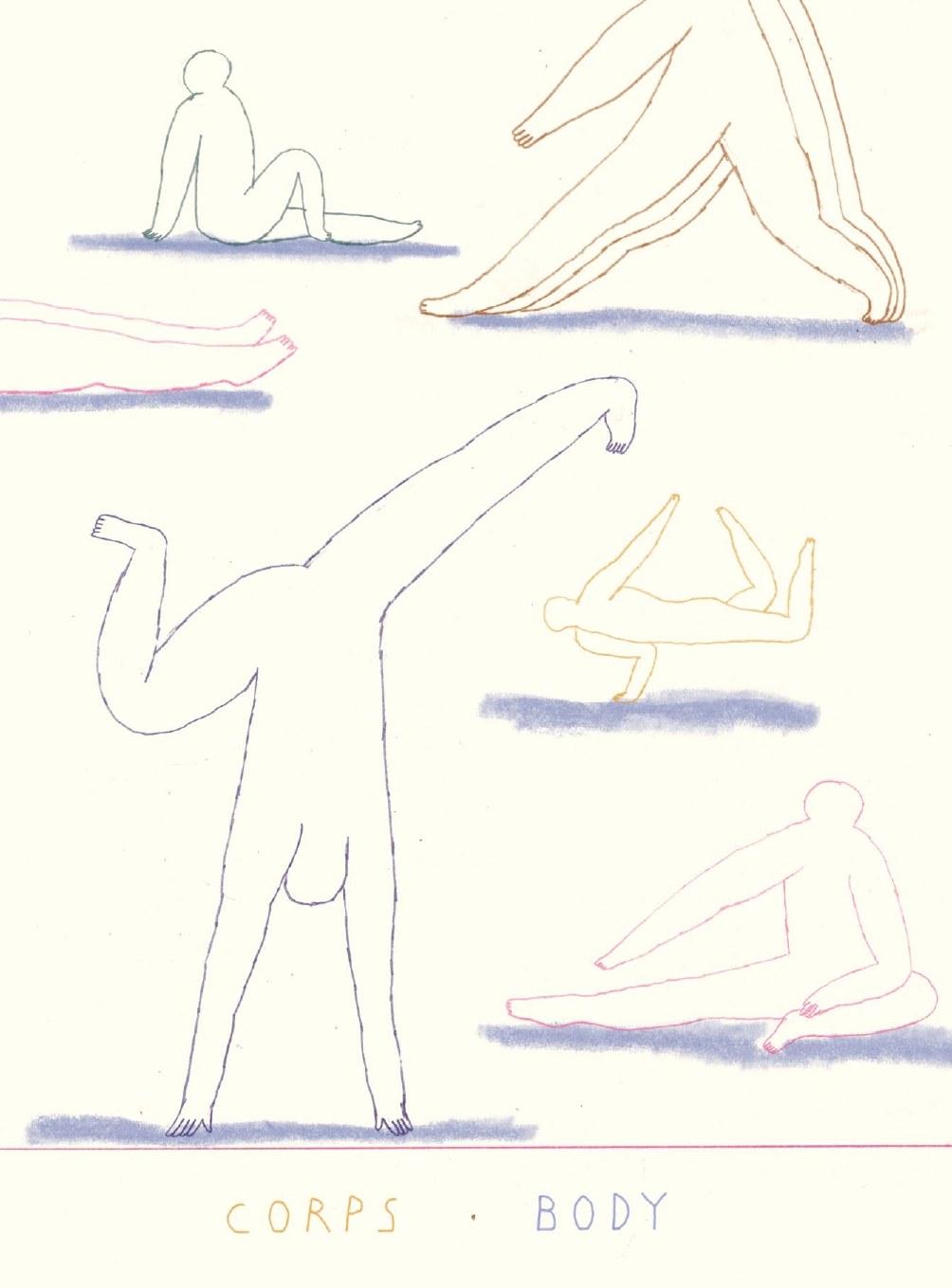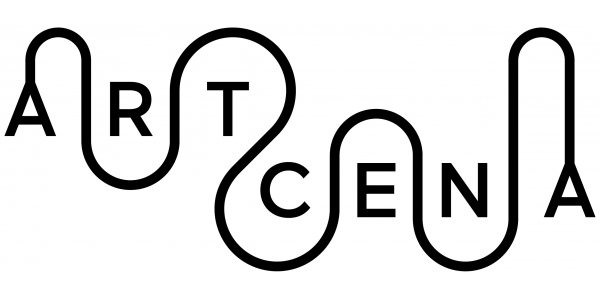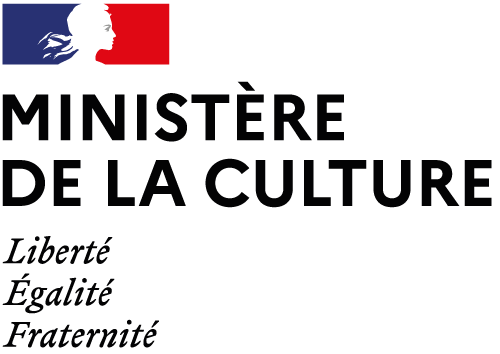20 STORIES OF CIRCOSTRADA - CELEBRATING THE 20TH ANNIVERSARY OF THE NETWORK: SAVED BY CLOWNS - AN ARTICLE WRITTEN BY ELEONORA ARIOLFO & FEDERICO TOSO

Italians love to joke about stereotypes of Italy — but stereotypes are all the more true when exceptions exist. We imagined that FRESH STREET #4 in Italy would be the keystone of FNAS as a 20-year project that works for full recognition of the outdoor arts sector. Bringing 400 international operators to Turin was an opportunity to build missing bridges between our shifting, bold, pioneering outdoor arts sector and the more formal and rigid world of national institutions and policymakers. When the pandemic came and we saw FRESH would have to happen digitally, we feared that transforming this experience into an online journey would mean losing the institutional impact. Worse, it risked making FRESH a forgettable experience. Participating in a FRESH event means immersing yourself in inspiration, opening your eyes to what is happening in your profession, connecting to macro and micro networks, collecting contacts, seeing innovative artistic proposals, triggering ideas, and exploring the hosting territory, as well as the mentality, visions, limits, perspectives and dreams of the people that make the host country so special. All of this had to be reinvented in a digital format. FNAS is an association of artists. Not technicians. Not organisers. We had to approach FRESH as artists, experimenting with new solutions and rethinking the event as if it were a show. We wanted to link virtual screens and rooms to true physical venues and the city at large, and to let people meet and talk to each other. For this, we needed a new kind of artistic direction for screens – one combining technical invention, different platforms, and changes of visual perspective. Today, these skills are a market product, but at the time they were still lacking. For these obstacles the ‘Italian exception’ was needed: the genius of the clown. And really it was two clowns, hidden behind everything: Giuseppe, our video director, working at a console made of tools from the flea market, keyboards with missing keys, PCs with dead batteries, and taped together cables; and Martina, a clown with a compulsive mania for dramaturgical detail, who poured her talent into the writing of every single webinar time sheet. It is thanks to their madness that we were able to find anew way of being online, while having fun. FRESH STREET #4 may not have surmounted every challenge, but it worked. It didn’t fill the gap in institutional understanding, but brought another change that is perhaps more important. The Italian artists who took part in FRESH grew in their self-confidence and ability as creators who faced new outdoor challenges and needed to take new risks. For FNAS as well, this rite of passage has given us a new breath and new mission. From October 2020, FNAS entered its fourth (‘fresh’) life by remodelling its role in the promotion, development, facilitation and support of Italian creativity for a greater connection to the mechanisms of the national and international contemporary scene. So we were a bit like the pilgrims on the route to Santiago. When we started thinking about FRESH we were already on our way to somewhere else. The legacy of FRESH STREET #4 is therefore not the event. It’s rather the process itself. A process that has accelerated the development of the outdoor arts, built bridges between two managements (with the leadership of FNAS finally coming into female hands), and changed the way we work to ferry the Italian outdoor arts sector towards what it will be tomorrow.
John Ellingsworth works as a writer and editor in the cultural field. He has worked on projects and publications for Kulturrådet, IETM – international networkfor contemporary performing arts, Dansehallerne, ELIA – European network for higher arts education, Flanders Department of Culture, Youth and Media, EDN – European Dancehouse Network, and others. He also works as a data analyst and researcher for the cultural mobility network On the Move, recently authoring several reports on digital mobility and environmental sustainability in the context of cross-border collaboration.






write us: infocircostrada@artcena.fr